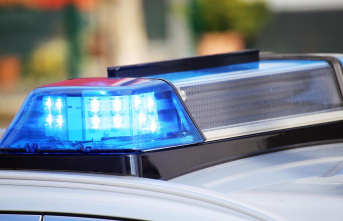The Biden government is proposing to reverse a rule enforced under former President Donald Trump that reduced the government's ability to apply a century-old law shielding many U.S. bird species
BILLINGS, Mont. -- The Biden government on Thursday suggested revoking a rule enforced under former President Donald Trump that reduced the government's capability to apply a century-old law that shields many U.S. bird species.
The Interior Department statement comes following officials in March stated they were Placing a Trump policy that stopped offender prosecutions against companies accountable for bird deaths which might have been averted.
Interior Secretary Deb Haaland stated revoking the regulatory modifications finalized during Trump's final days in office represented portion of their Biden government's attempts to make sure that agency decisions are directed by science.
The prohibition against accidental bird deaths has been used most notably at a $100 million settlement by electricity firm BP following the 2010 Gulf of Mexico petroleum spill killed about 100,000 birds, based on national statistics. Some scientists have stated that the amount of birds who died could be greater.
Industry groups encouraged the Trump policy, but because President Joe Biden took office they've expressed willingness to work together with the Democrat.
Former national officials, environmental groups and Democrats in Congress said a lot of these Trump principles were aimed at profiting private sector at the cost of conservation.
Over 1,000 North American bird species have been covered by the treaty -- by fast-flying peregrine falcon to miniature songbirds and over 20 owl species. Non-native species and a few game birds, such as wild turkeys, aren't on the listing.
Apart from the BP instance, countless authorities cases -- targeting utilities, petroleum companies and wind energy developers -- led in criminal penalties and civil penalties totaling $5.8 million between 2010 and 2018.
U.S. Fish and Wildlife Service officials have stated comparatively few of those scenarios end with criminal prosecutions because most firms are eager to take steps to deal with risks that their operations can pose to birds.











